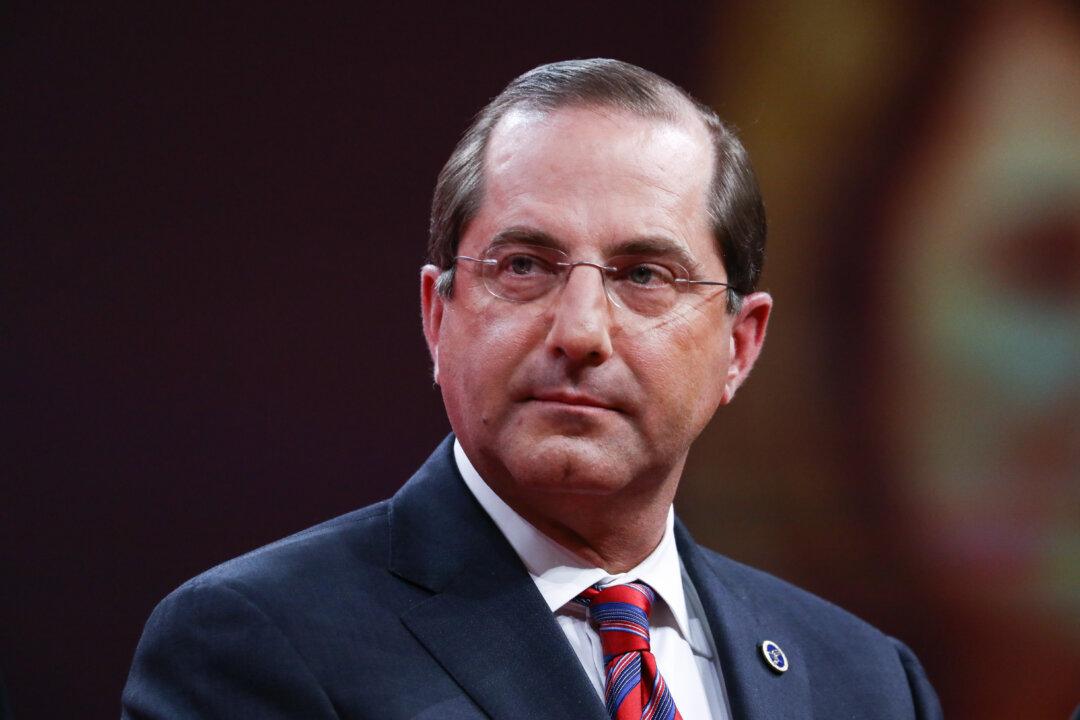U.S. officials are going to test suspected coronavirus cases in five cities, Secretary of Health and Human Services Alex Azar announced on Thursday.
The Centers for Disease Control (CDC), a federal agency, is working with health departments in the cities, Azar said during a Senate Finance Committee hearing in Washington.





